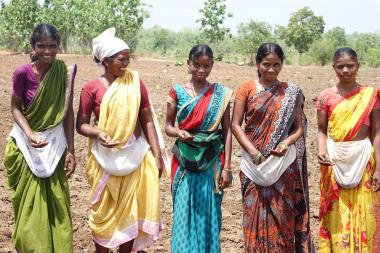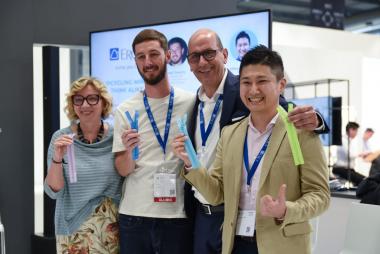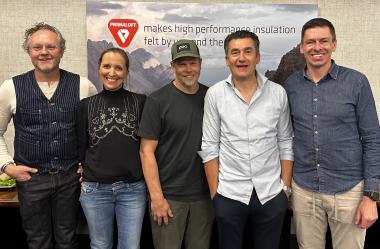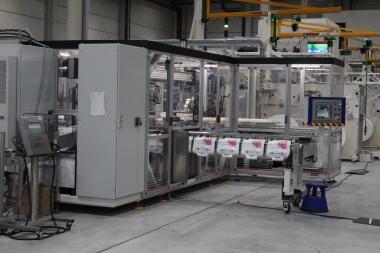Dibella supports cotton farmers with non-GMO seeds
Dibella supports organic Fairtrade cotton farmers in sourcing non-GMO seeds for the next harvest.
Together with the Chetna Organic cooperative, Dibella has long supported Indian smallholder farmers, on whose fields the organic Fairtrade cotton for the company's sustainable contract textiles grows. To secure the livelihoods of the smallholders, Dibella is taking action this year with a special measure: at the beginning of the new growing season, the company pre-finances the procurement of the genetically unmodified (GMO-free) seeds.
The beginning of the monsoon season (June to September) marks the start of the cotton year in India. The small family farms where the organic Fairtrade cotton for the sustainable Dibella range is grown prepare their fields for sowing. The seeds needed this year come directly from their buyer Dibella. The company organised and co-financed the procurement of the seeds together with the Chetna Organic cooperative.
Ending the debt trap
"At the beginning of the cotton season, smallholder farmers are often forced to take out a loan to finance the seeds they need. For this, very high double-digit interest rates are charged in India, which can lead to excessive debt for families, especially when there are crop failures due to pest infestations or unfavourable weather conditions, for example," reports Simon Bartholomes, Purchasing Manager at Dibella. "We decided years ago to break this vicious circle by pre-financing the genetically unmodified seed. It is procured by our partner Chetna Organic and distributed free of charge to the farming families whose organic cotton is processed into our organic Fairtrade textiles after the harvest. This year we have allocated a sum of USD 50,000 for this purpose.
Win-win situation
This measure offers advantages for all parties involved: Through direct access to the seeds, Dibella enables the farmer families to have a more adequate livelihood. At the same time, the farmers benefit from the expertise of Chetna Organic staff, who support them in organic farming. Dibella, in turn, covers its annual demand for organic Fairtrade cotton with a right of first refusal. This gives the company full control over its entire supply chain, which starts at the cotton field.
Dibella GmbH































